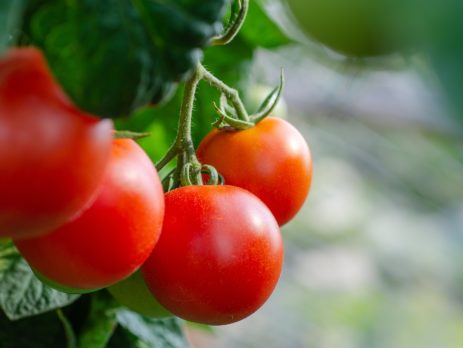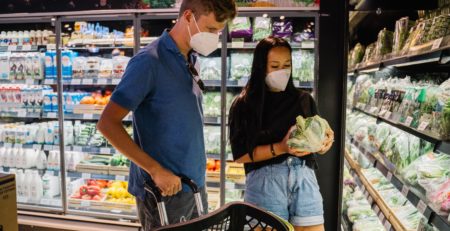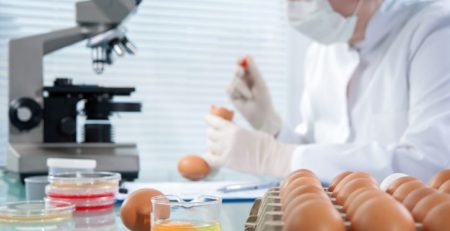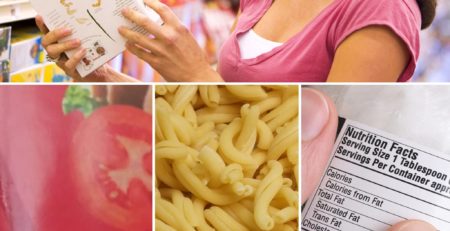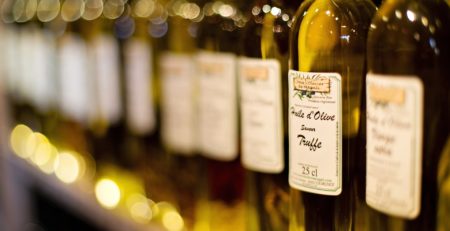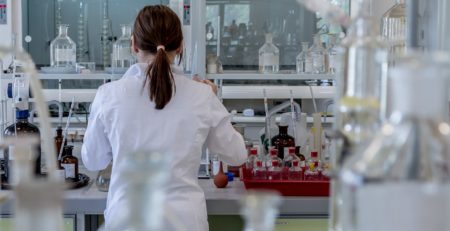Organic certification: the new Regulation will start from January 2022
In recent years, organic farming has aroused great interest in consumers and awareness of the potential benefits of the organic method has grown, especially of an environmental nature. More and more companies are modifying their products, working on their external perception, so as to make them reach the customer as part of a message that speaks of respect for nature and health, simplicity, return to authenticity and traditions, attention to ingredients and to each stage of processing.
The EC Regulation n. 834/2007, which establishes the rules on organic production valid for the whole European Union, defines it as: “A global system of farm management and agri-food production based on the interaction between the best environmental practices, a high level of biodiversity, the preservation of natural resources”.
Organic farming means developing a production model that avoids over-exploitation of natural resources, in particular soil, water and air, using instead these resources within a development model that can last over time. In order to protect plants from pests and weeds, organic farming allows the use of the bacterial toxin Bt, pyrethrins, rotenone, copper compounds and sulfur.
On January 1, 2022, Reg. 848/2018 on organic production and labeling of organic products will be implemented, following a one-year postponement of its implementation. It will introduce some novelties that may represent an interesting opportunity for European and Italian operators (the extension of the scope to new products, group certification, simplification of some bureaucratic aspects for some types of operators, etc.) and, therefore, a further lever for the growth and consolidation of the sector.
The new regulations are intended to ensure fair competition for farmers while preventing fraud and maintaining consumer confidence by accomplishing these goals:
- production rules will be simplified through the phasing out of a number of exceptions and exemptions
- Third country producers will have to comply with the same rules as those operating in the EU.
- Organic standards will cover a wider list of products (e.g. salt, cork, beeswax, mate, vine leaves, hearts of palm) and include additional production rules (e.g. deer, rabbits and poultry).
- certification will be easier for small farmers thanks to a new group certification system
- a more uniform approach will be followed to reduce the risk of accidental pesticide contamination
- exemptions for the production of demarcated beds in greenhouses will be eliminated.
The control system will be strengthened through more stringent precautionary measures and more robust supply chain controls based on risk assessments. In principle, these will be annual on-site checks of operators. Specific controls on organic farms will be complemented by the general rules on official controls along the EU food chain.
Thanks to the postponement, the application path of EU Reg. No. 848/2018 will align with that of the new European fertilizer regulation, EU Reg. No. 1009/2019, which already has 2022 as its natural application deadline. Where a fair amount of fertilizers already registered as “allowed in organic farming” easily risk not fully meeting the European labeling rules.
EU Reg. No. 1009/2019 will come into force on the 20th day following its publication in the Official Journal of the European Union. The same will apply as of July 16, 2022 and will be mandatory in all its elements and directly applicable in each of the Member States.
The key elements of the new rules are:
- Opening of the single market for bio-based fertilizers: the agreement on the Fertilizer Regulation will open the market to innovative and new-generation organic fertilizers, defining the conditions under which they can access the EU single market.
- Strict safety, quality and labeling requirements for all fertilizers will be freely marketed throughout the EU. Manufacturers will have to prove that their products meet these requirements before they will be CE marked.
- EU fertilizer products will be divided into different functional categories (PFCs) that will have to be subject to specific safety and quality requirements tailored to their intended uses.
- The constituent materials for EU fertilizer products will be divided into different categories and will have to be subject to specific process requirements and control mechanisms. It will be possible to make an EU fertilizer product composed of several categories of constituent materials available on the market, provided that each material meets the requirements of the category to which it belongs.
- Introduction of new limit values for Cadmium contamination in fertilizers.
A novelty which seems to be a fixed point destined to cause disconcert in the different sectors of food preparations concerns the use of aromas which European law (EC Reg. n° 1334/2008) defines as “natural aromas”, until today allowed in all forms. In the future their use will be limited to the category of “natural flavourings of …” which includes only those flavourings whose totality or at least 95% of the flavouring component has been obtained from the base material referred to.
If you wish to ask for a consultation, Studio Santoro‘s team will be able to guide you in choosing the most suitable service for your needs.

